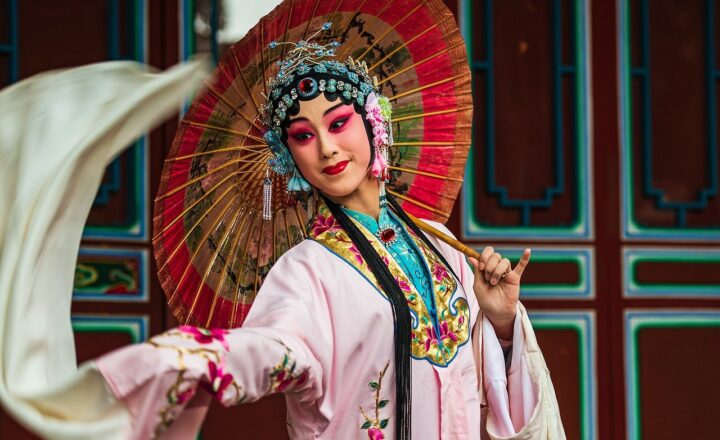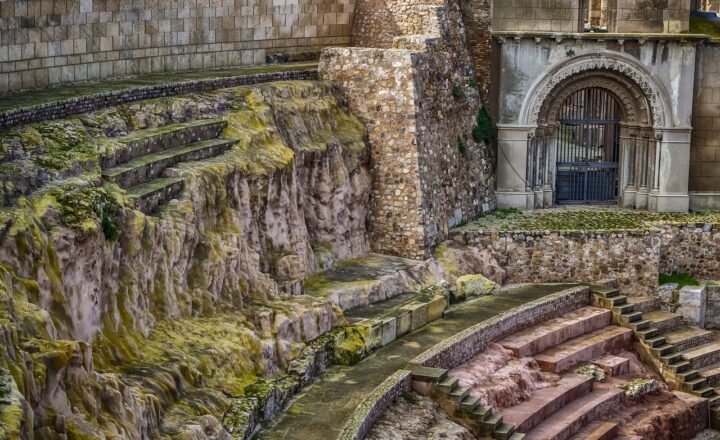How Political Refugees Have Historically Shaped the Cultural Identity of Host Countries
November 16, 2024

The movement of political refugees across borders has been a crucial narrative in the story of human migration and multiculturalism. Throughout history, refugees fleeing oppressive regimes have profoundly impacted the cultural fabric of their host countries, introducing new perspectives, traditions, and innovations that have reshaped societies in remarkable ways.
1. Understanding Political Refugees
Political refugees are individuals who have been forced to flee their country due to persecution, war, or violence that threatens their safety and freedom. According to the United Nations High Commissioner for Refugees (UNHCR), these individuals seek asylum in foreign nations where they hope to find safety and rebuild their lives. The journey of political refugees is often accompanied by significant challenges, including trauma from past experiences, language barriers, and struggles to adapt to new environments.
2. Historical Context: Notable Examples
Political refugees have shaped cultural dynamics in numerous host countries throughout history. Some notable examples include:
- The Spanish Civil War (1936-1939): Following the Republican defeat, around 500,000 Spaniards fled to France. Many of them were artists, writers, and intellectuals, like Pablo Picasso and George Orwell, whose works influenced European art and literature and contributed to the political dialogue of the day.
- Vietnamese Refugees (post-1975): After the Vietnam War, hundreds of thousands of Vietnamese fled to the United States and other nations. They established communities, introduced traditional Vietnamese cuisine, art, and festivals that have since become integral to the multicultural identity of many cities, especially Los Angeles and Houston.
- Syrian Refugees (2011-present): The Syrian civil war has led to one of the largest refugee crises in modern history, with millions fleeing to neighboring countries and Europe. This influx has led to an increased appreciation for Syrian culture, including its rich culinary traditions and music, profoundly influencing the cultural landscape in host countries such as Germany and Turkey.
These examples illustrate how political refugees bring along valuable skills, traditions, and innovative ideas that contribute positively to their new communities.
3. Cultural Contributions of Refugees
Political refugees often introduce new forms of art, music, cuisine, and literature that enrich the cultural heritage of their host countries. Some of the notable contributions include:
- Art and Literature: Refugee artists and writers frequently draw from their experiences, producing works that resonate with their struggles while also reflecting new cultural influences. For instance, the works of exiled writers often address themes of identity, belonging, and resilience, influencing national literature.
- Culinary Diversity: As refugees settle in new areas, they often open restaurants and share their culinary traditions, which can lead to a broader appreciation for global cuisine. The introduction of dishes such as pho and paella enriches the host country’s gastronomic scene, making it more diverse and exciting.
- Innovations in Science and Technology: Many refugees come with professional expertise and skills that can stimulate innovation. For example, several prominent tech entrepreneurs from refugee backgrounds, such as Sergey Brin (co-founder of Google), illustrate how refugee contributions can be pivotal in fields like technology when given opportunities.
Cultural exchange resulting from refugee settlement often leads to a more versatile and dynamic society that embraces diverse viewpoints, fostering collaboration and creativity.
4. Challenges of Integration and Acceptance
Despite the contributions that political refugees have historically made, the path to integration and acceptance is fraught with challenges. Issues such as:
- Xenophobia and Prejudice: Refugees often face discrimination and stereotypes, which can hinder their ability to integrate fully into society. Host communities may perceive refugees as outsiders or threats, leading to social tensions.
- Language Barriers: Not being fluent in the host country’s language can severely limit refugees’ job opportunities and social interactions, making cultural integration difficult.
- Legal and Bureaucratic Hurdles: The asylum process is often lengthy and complicated, leaving refugees in limbo while they wait for their legal status to be determined. This can hinder their ability to plan for the future and integrate into the community.
Addressing these challenges requires concerted efforts from host governments, non-profits, and local communities to foster acceptance and integration. Programs like language classes, cultural exchanges, and community events can enhance mutual understanding and reduce fears.
5. Case Studies of Successful Integration
Historical and contemporary studies show successful integration of political refugees can yield positive outcomes. Here are a few examples:
- Germany and its Syrian Refugees: Germany has implemented unique integration programs for Syrian refugees, which include language courses, job training, and cultural exchange programs. As a result, many refugees have successfully assimilated and have become productive citizens, contributing to sectors such as healthcare, technology, and hospitality.
- Canada’s Multicultural Policies: Canada’s inclusive policies on immigration and refugee acceptance promote multiculturalism. The country celebrates cultural diversity through festivals, and community programs, showcasing the contributions of various immigrant groups, fostering a sense of belonging and integration.
- The Spanish Civil War Exiles in Mexico: After the Spanish Civil War, Mexico welcomed a significant number of Republican exiles who went on to affect various cultural domains, notably cinema and literature, further diversifying Mexican culture and identity.
These case studies highlight how structured support and open-minded communities can enhance integration, enriching the cultural identity of host nations.
6. Conclusion
The historical impact of political refugees on host countries cannot be overstated. Their contributions to art, cuisine, innovation, and social dynamics have forever changed the cultural landscape of nations. Challenges remain in terms of integration and acceptance, but with collaborative strategies, host communities can create environments that celebrate diversity, ultimately benefiting all citizens. Understanding the historical context of political refugees allows us to appreciate their ongoing role in shaping vibrant, multicultural societies for future generations.
As we consider the myriad ways political refugees have enriched our world, it is crucial to advocate for supportive policies and programs that facilitate their smooth transition, allow their talents to shine, and encourage mutual understanding between new and existing residents. By embracing the stories and contributions of political refugees, we not only honor their resilience but also enhance the cultural richness of our global community.








